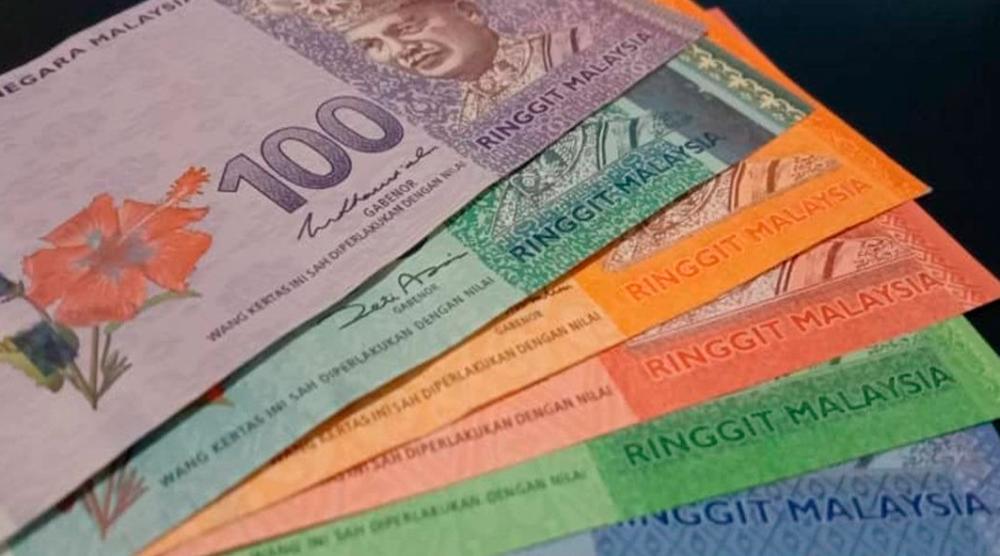THROUGHOUT the past two decades, Malaysia has been running a budget deficit. This year’s deficit will be 5% of gross domestic product, amounting to RM97 billion. Malaysia cannot keep on increasing its borrowings which will soon reach RM1.2 trillion. In order to provide sustainable revenues to reduce the deficit, the answer is to increase tax revenues.
Goods and Services Tax has been ruled out, at least for the time being, by the current government. You cannot keep on increasing income tax revenues as it will only burden existing taxpayers. Already our personal taxes are high compared with that of our neighbours.
All our neighbours with sizeable economic activities – such as Thailand, Indonesia, Vietnam and the Philippines – impose capital gains tax. Only Singapore and Hong Kong, which are entrepots and basically derive their profits from trading internationally, do not have capital gains tax. Our economy is based on commodities, manufacturing, mineral extractions and services, which is very similar to all the Asean countries except Singapore.
What is the scaremongering about?
Since our prime minister has announced the intention to introduce capital gains tax on unlisted shares, there has been significant uproar by tax experts and other media commentators that the introduction of such tax will reduce our levels of investments, have a negative impact on productivity and economic growth, may be perceived by taxpayers by being unfair and unreasonable, may increase asset prices, discourage mergers & acquisitions, and reduce corporate exercises.
Is this correct?
This is an overreaction. Nobody wants to pay extra taxes. Capital gain is a gain on the appreciation in value of generally passive assets. Capital gains tax does not affect the general population. It only affects those who make a gain from an investment. As the government is planning to impose the tax at a low rate which could be at 5% or 10% of the total gain with possible exclusions, business activity will not come to a halt or reduce as a result of introducing capital gains tax since the leakage will only be minimal compared to the gain the taxpayer benefits.
At the end of the day, investors or taxpayers will still carry on where there is money to be made, and no entrepreneur will give up the opportunity to make a gain.
Taxpayers are not totally out of pocket even though they have to pay tax at 10%. They are still left with 90% of the gain. Sacrificing this small percentage for the sake of the country’s development should be seen as a contribution by well-rewarded taxpayers.
Genuine business activities such as mergers & acquisitions and restructuring transactions within a group or family can be protected through specific provisions that can be found in many countries which will either relieve or exempt such gains from taxation. For example, in the United Kingdom, there are provisions to disregard new shares as acquisition, and the loss or alteration of any old shares is not treated as disposal.
In countries like India, there are opportunities to roll over the gains from sale of assets (defer the payment of capital gains tax) if such proceeds are reinvested within a certain time frame (for example, one year) into another asset. The rate of tax in some of these countries is tiered between short-term and long-term gains.
The way forward
Although the introduction of capital gains tax is now confined to unlisted shares, you can expect this to be widened in the future to other capital gains such as sale of intangible property, any property rights, or any other investments such as precious commodities, artworks, etc.
It is likely that the tax will be introduced in 2024 since consultations need to be undertaken before it is introduced. The taxes are likely to be tiered depending on the holding period.
We are in a lucky position to be introducing capital gains tax now since we can refer to existing capital tax legislations around the world and adopt what is most beneficial to Malaysia which will not hamper economic development. This tax is overdue.
This article is contributed by Thannees Tax Consulting Services Sdn Bhd managing director SM Thanneermalai (www.thannees.com).









